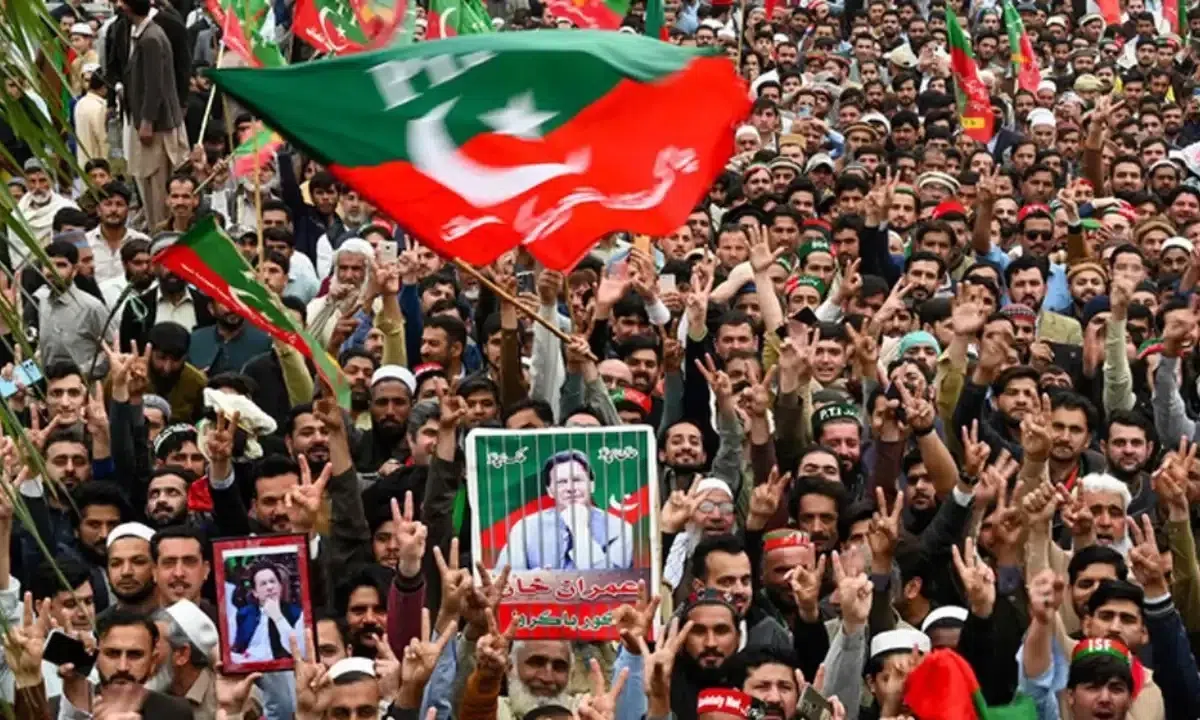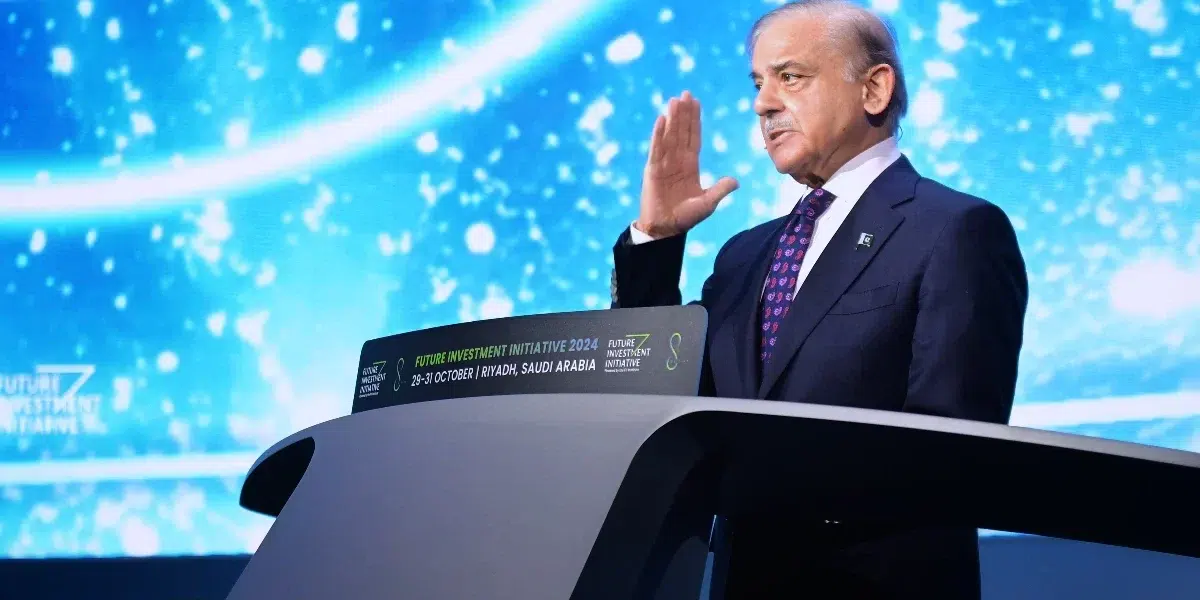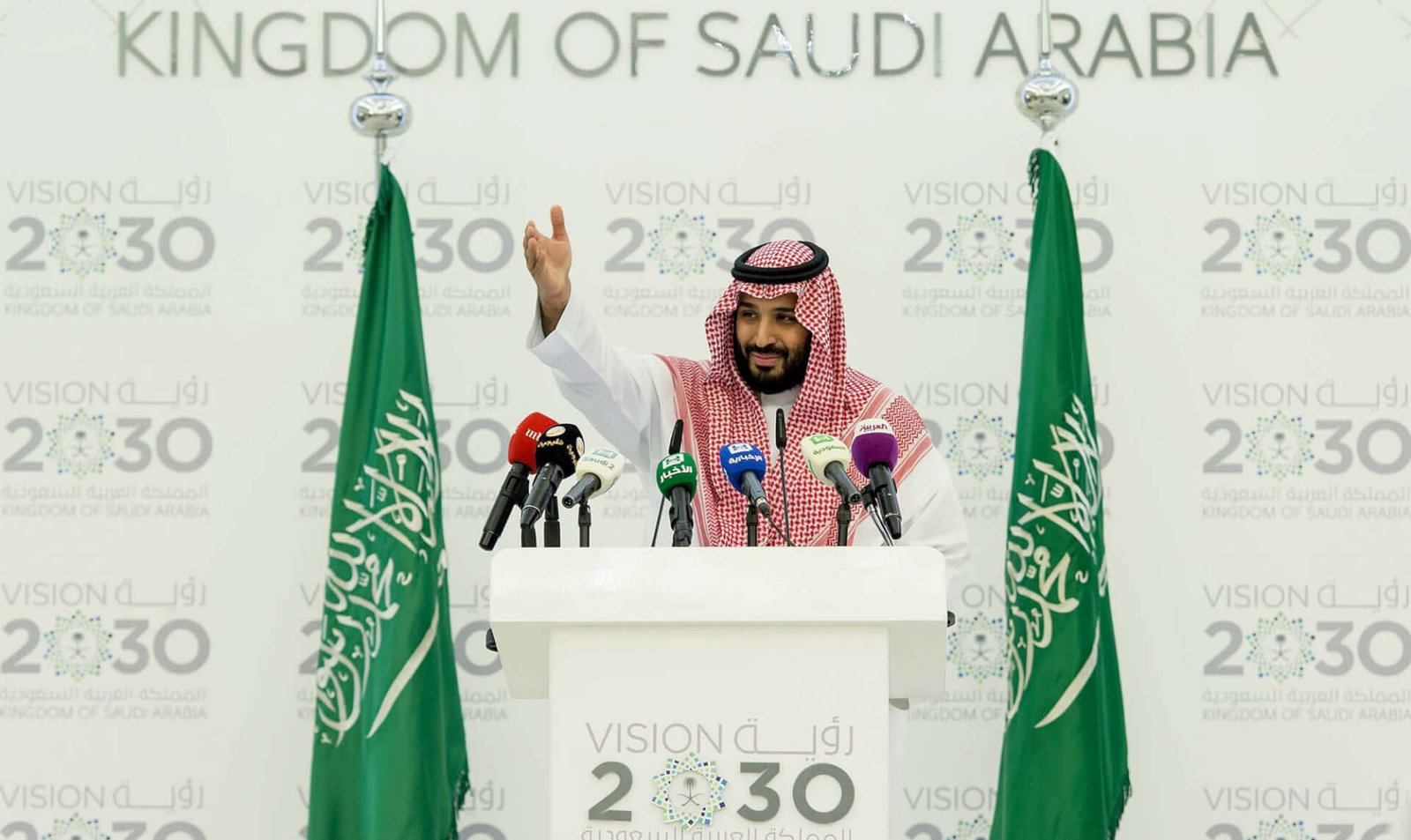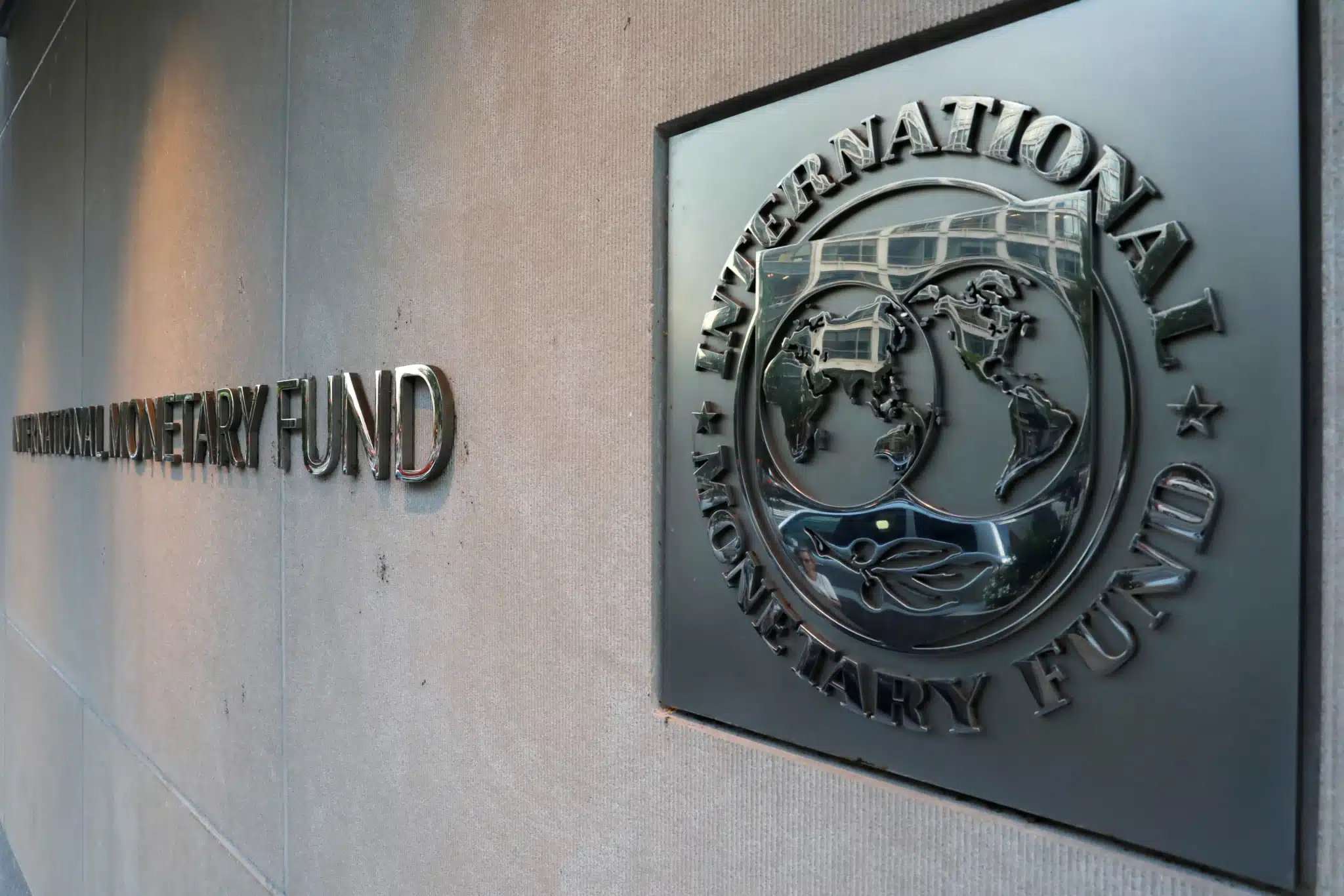ISLAMABAD: The much-hyped 26th Constitutional Amendments, enacted with the approval of the Parliament, envisage two key amendments other than the judiciary: those related to the environment and abolishing Riba (interest) from the banking and financial system.
A newly inserted clause makes binding effect, envisaging “to eliminate Riba (Interest) before the first day of January, Two Thousand Twenty-Eight (2028). It is yet to see how the government will bring Riba free economy amidst increased reliance on foreign borrowings.
The government committed that everyone is entitled to a clean, healthy, and sustainable environment. With the implementation of this commitment, Pakistan has recently sought a fresh $1 billion loan facility from the IMF under the Resilience and Sustainability Facility (RSF) for augmentation of existing loan of Extended Fund Facility (EFF). The RSF provides affordable long-term financing to countries undertaking reforms to reduce risks to prospective balance of payments stability, including those related to climate change and pandemic preparedness. The newly made commitment will help Pakistan to secure additional $1 billion from the IMF for provision of clean and sustainable environment.
However, another amendment is related to eliminate Riba completely before first day of January 2028. This amendment has raised many eyebrows among dwellers of International Financial Institutions (IFIs) and many western capitals.
They are curious to ascertain how Islamabad will tackle the issue of foreign borrowings in the aftermath of enactment of 26th Constitutional amendment beyond January 2028. There are two major issues first how the domestic banks will operate and secondly the foreign loans will have much more implication if the objectives of Riba free economy is materialized in its true letter and spirit.
First of all, there is need to analyze the existing footprint of Islamic banking in Pakistan. Assets of Islamic Banking Industry (IBI) raised by PKR 586 billion during the quarter April to June 2023, and crossed eight-trillion mark to reach PKR 8,118 billion by end June, 2023.
Deposit base of IBI also enlarged by PKR 518 billion during the period under review and stood at PKR 5,870 billion by end June, 2023. On a year on year (YoY) basis, assets and deposits of IBI observed rise of PKR 1,337 billion and PKR 1,014 billion respectively by end June, 2023. Market share of Islamic banking assets and deposits in the overall banking industry was recorded at 19.9 percent and 21.9 percent, respectively by end June, 2023. During the period under review, net investments and financing of IBI unveiled a quarterly rise of PKR 354 billion and PKR 98 billion, respectively. The market share of investments of IBI in investments of overall banking industry was recorded at 16.1 percent, while the share of financing in advances of overall banking industry stood at 27.6 percent by end June, 2023.
The objective of conversion from riba to ribe free banking and financial sector might create ripples but the policy makers will have to come up with an implementation plan to execute their dreams into a reality. First of all, the policy makers will have to bring a shift to focus on financing backed by assets. The country’s reliance will be diverted from conventional international bonds to Islamic Sukuk to generate more dollar loans.
On domestic front, all those who do not possess any assets would face a lot of difficulties to generate loans for establishing and running businesses. But the Islamic banks will have to explore more instruments and tools to provide financing to their clients.
Read more: Monday update: price of gold falls by Rs900 per tola
Pakistan’s reliance on foreign loans from Western financial models might be affected and it is yet to see how the country would find out solution for repayments of interest on foreign loans obtained from multilateral and bilateral creditors standing at over $130 billion at the moment.
















